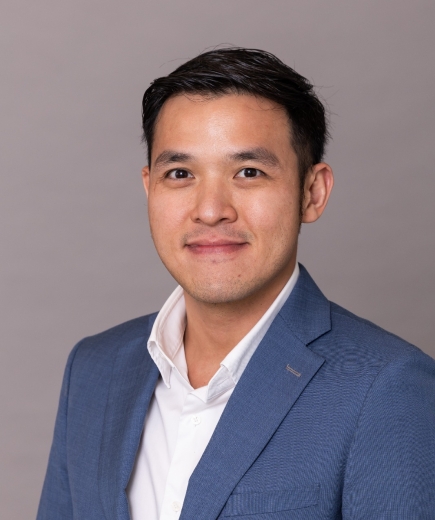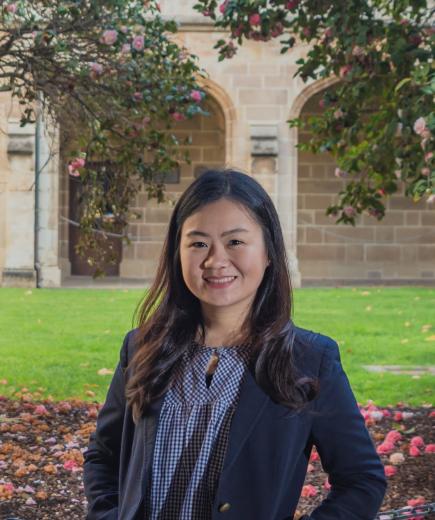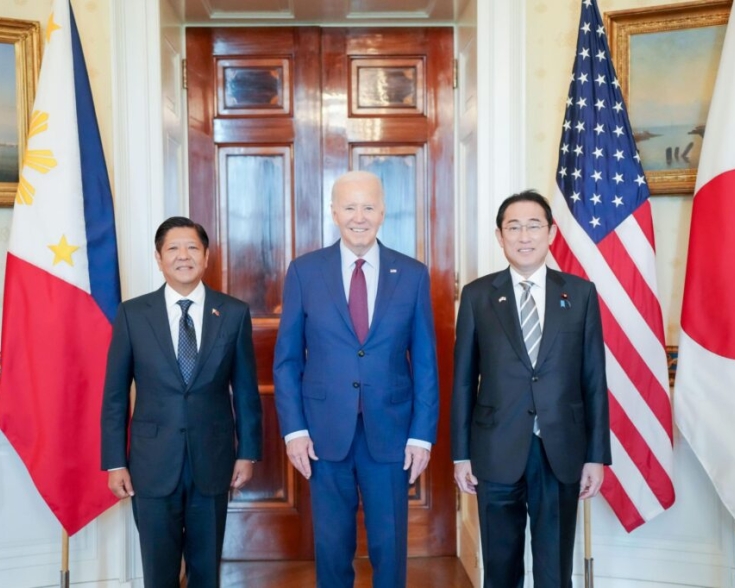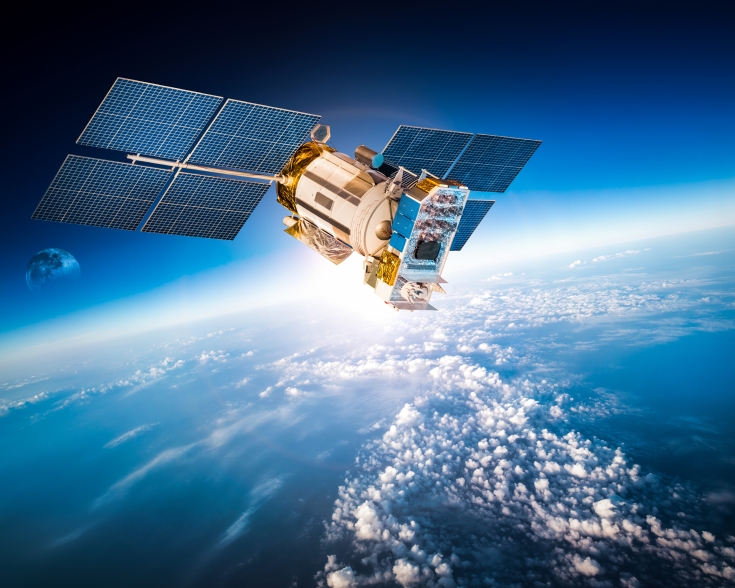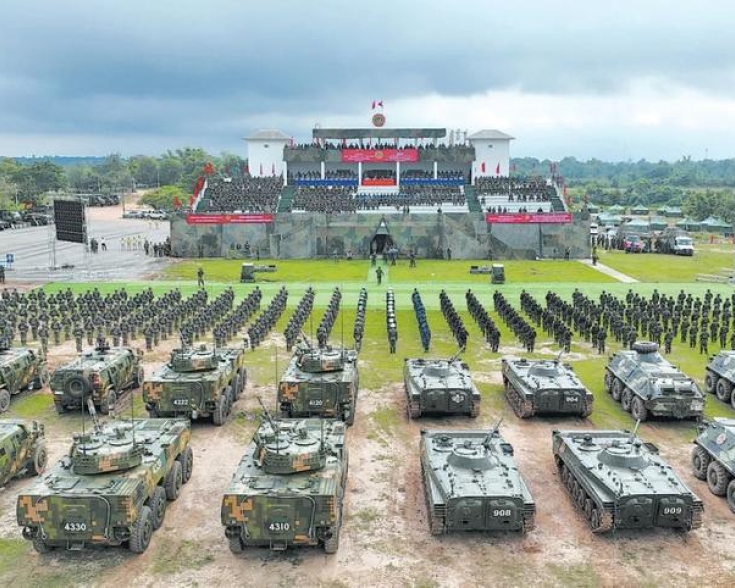Review of the ASEAN Trade in Goods Agreement (ATIGA): Inclusion of the Remanufactured Goods and Trade and Environment Chapter
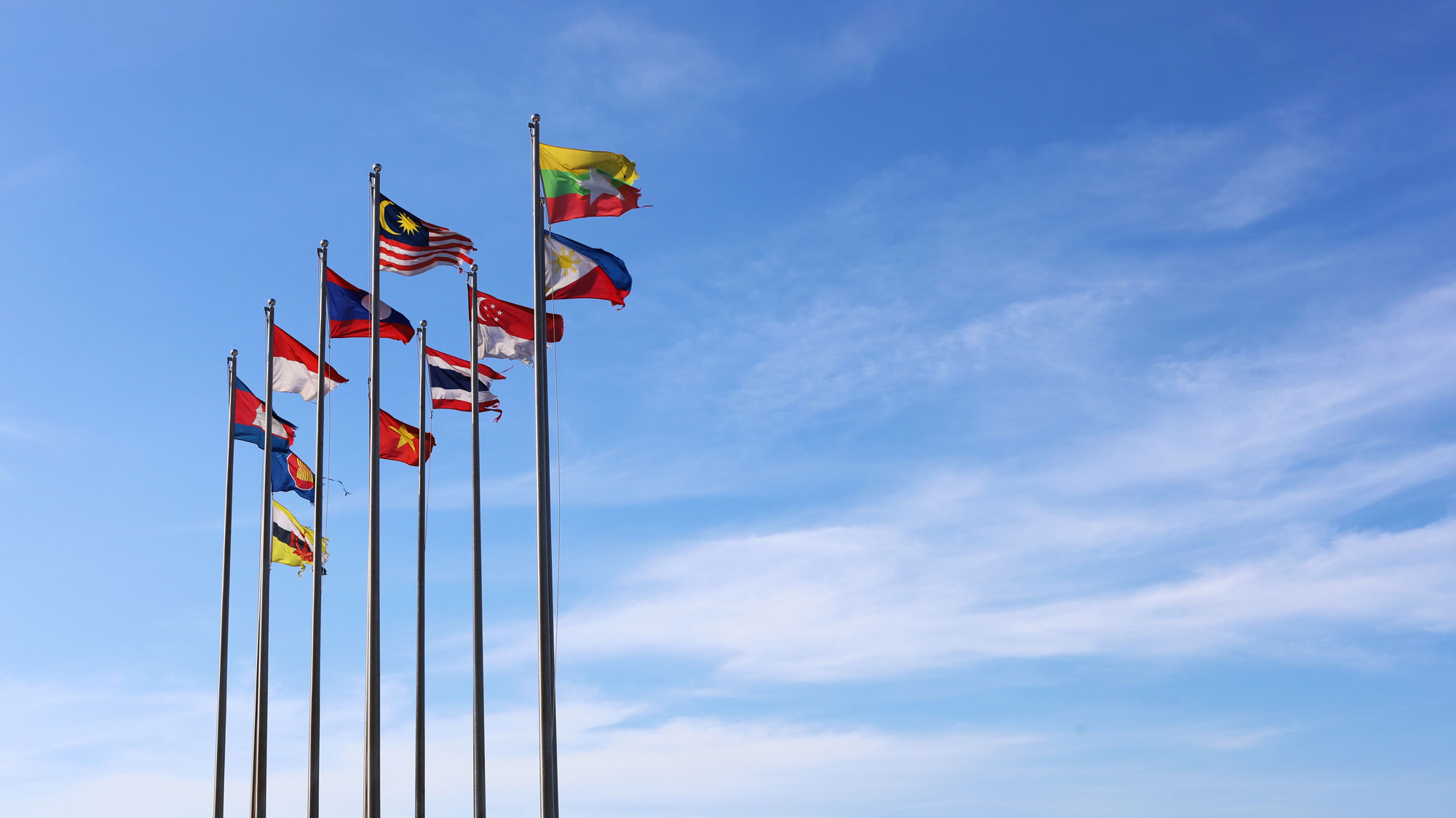
In September 2022, ASEAN launched negotiations to upgrade the ATIGA, addressing emerging trends including sustainability and circular economy issues. Challenges arise in adapting these aspects to ASEAN’s context, with ongoing negotiations to incorporate the ASEAN Circular Economy Framework and the ASEAN Carbon Neutrality Strategy.Discussions on remanufactured goods and trade and environmental chapters in ASEAN trade agreements is a milestone for the region. Concerns among AMS include determining the definition of remanufactured goods and how to deepen ASEAN Member States (AMS) capabilities for the long term in terms of sustainability aspects. Moreover, classification standards used to categorize these goods, import procedures, and determining the origin of remanufactured goods are also of significant concerns. Proposed solutions include preferential treatments and a zero-tariff principle for the circular economy, with ongoing discussions among relevant agencies within each AMS. Private-sector engagement/roundtable is suggested to expedite the process, focusing on implementation, emphasizing the importance of remanufactured goods, and promoting circular economy practices and carbon neutrality for AMS.

